Resilient Parenting During the Coronavirus Crisis
Dear Friends,
Concerns about exposure to coronavirus and the possibility of coming down with the COVID-19 illness have led to huge changes in the way we are living and have presented extra challenges for parents and caregivers.
In addition to having to stay home for the most part, many are experiencing financial stress and anxiety during this difficult times. How parents and caregivers cope with stress can set the stage for how children react. When parents and caregivers have helpful information and resources, they are better equipped to support their families. And when parents and caregivers have a "resilient" attitude, they cope better, and they model one of the most important things that they can teach children.
Parental Resilience: Parents and Caregivers Can Bounce Back
What is resilience? Parental resilience is the ability to bounce back, recover from or be strengthened by difficult experiences. In part, this means finding the determination and grit within yourself to hang in there and cope or even thrive. It means finding ways to solve problems, to build or re-build trusting relationships (including relationships with your own child), and to be courageous enough to know how and when to seek help.
Resilience can also be inspired by other, including those around us, our family and our community. It is very important to care for yourself and nurture yourself in times of stress.
Ideas for Self-Care and Resilience:
Break away from coronavirus news. Take breaks from watching and reading the news or being on social media.
Manage family stress. Kids pick up on our anxiety, so it's important to manage your own feelings first. Take deep breaths, go for a walk, or do whatever you need to do to bring your own stress levels down.
Stay active. If you're stuck inside, you'll need to get creative to get everyone moving. Set up an obstacle course, play hide-and-seek, and watch some exercise videos on YouTube as a family. Do yoga at your house and try it with your kids!
Maintain healthy habits. Aside from the basics of washing hands and covering coughs, consider using this opportunity to dig into overall health. Try to eat healthy, well-balanced meals, exercise regularly, get plenty of sleep, and avoid alcohol and drugs.
Keep in touch. Check in regularly with friends, family, and neighbors virtually.
Take time for yourself, even if only a couple minutes, and focus on these tips for your emotional health. Reach out and ask for help; it’s okay not to always feel okay!
Also, check out our new guide, the "Covid 19 Parents and Caregiver Guide" (can be found on our website https://www.pcavt.org/). This is a booklet for all families with a lot of great suggestions and resources on healthy ways for parents and caregivers to cope during this time.
We are here for you. Although our groups cannot meet in person right now, we have starting to resume with "virtual" group meetings, and our staff continues to work remotely. We are available to discuss parenting concerns and questions. You can contact the Family Support Coordinator in your region or call the Parent's Helpline at 1-800-CHILDREN (800-244-5373).
Heather Niquette, Family Support Programs Coordinator for Chittenden, Addison, Franklin & Grand Isle Counties (802-498-0607) (hniquette@pcavt.org)
Cindy Wells, Family Support Programs Coordinator for Caledonia, Lamoille, Orleans & Essex Counties (802-498-0611) (cwells@pcavt.org)
Cindy Atkins, Family Support Programs Coordinator for Rutland, Bennington & Windham Counties (802-498-0608) ( catkins@pcavt.org )
Amber Menard, Family Support Programs Coordinator for Washington, Orange & Windsor Counties (802-552-4274) ( amenard@pcavt.org )
Steven Ness, Family Support Programs Manager (802-498-0623) (sness@pcavt.org)
For support, call 1 800 CHILDREN (800-244-5373) or 802-229- 5724; for information call 211. Remember, we will get through this together!

